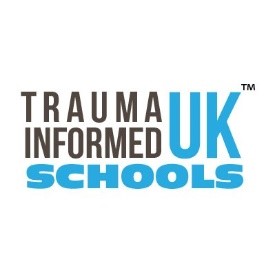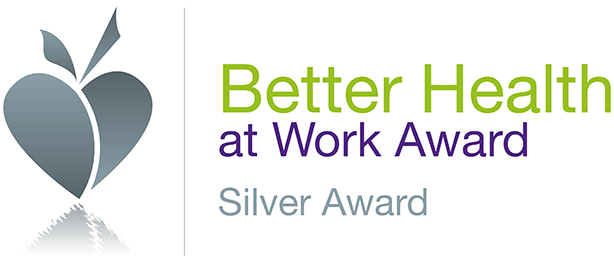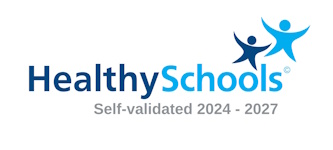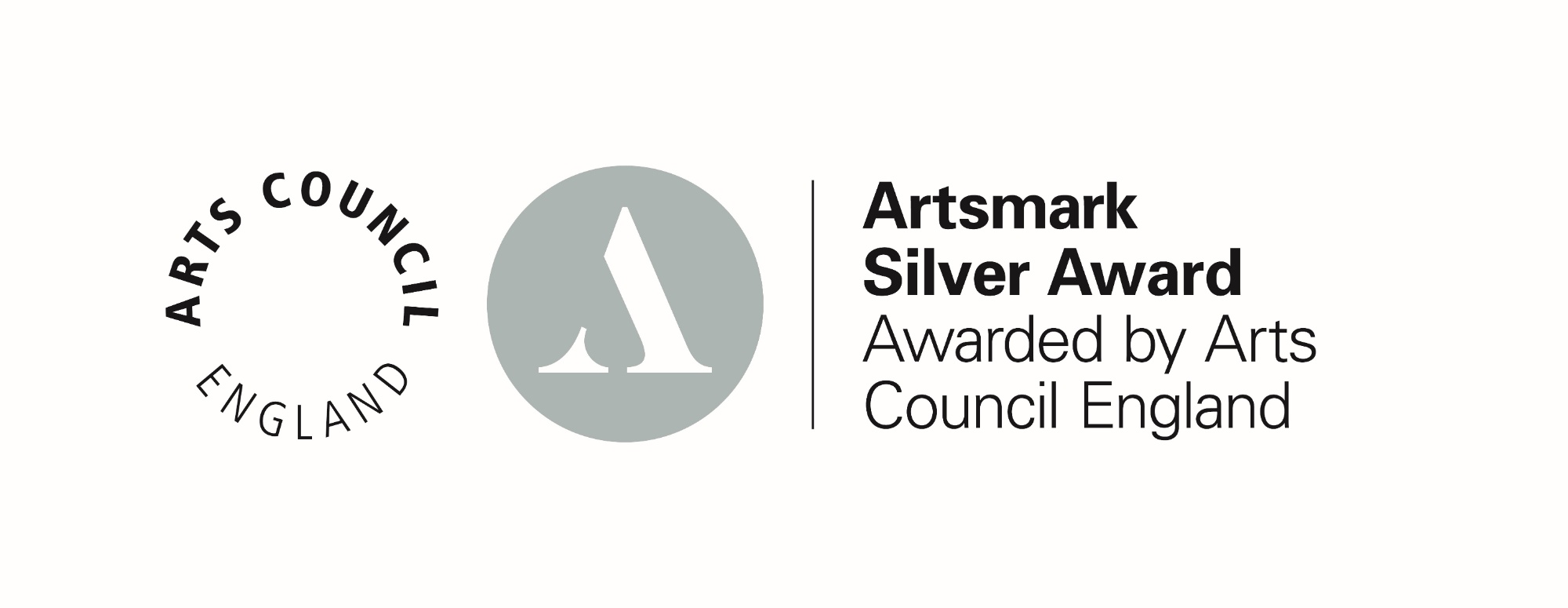Online Safety
Keeping Your Child Safe Online
There are so many ways for us to access the Internet now, including PCs and Laptops, Smartphones, Ipads and Tablets, The Xbox and Playstations, Alexa and Google Home, Smartwatches and the TV.
We have the Internet all around us, and it is important that we, as parents and carers, play a crucial role in empowering and supporting children to use technology responsibly, respectfully, critically and creatively—whether it is by ensuring an open dialogue with our children, educating them to use technology safely and positively, or by acting as digital role models.
Some of the ways of helping our children become more aware of the dangers of the Internet is to start to talk about social networking early, get involved in free and frank discussions, manage their devices and put yourself in control by making sure that private information is kept private, and that age ratings on certain sites are adhered to.
Potential Dangers
- grooming: through social media and/or gaming, this may involve radicalisation and/or sexual abuse
- cyberbullying: this can occur through any ICT, especially mobile phones and the use of Social Media
- sexting: sending explicit or compromising photos or videos;
- sexual abuse: This can include non-contact activities, such as involving children in looking at, or in the production of, sexual images, watching sexual activities and encouraging children to behave in sexually inappropriate ways;
- financial: although this is rare towards children it does occur – online gambling is an increasing risk;
- exposure to inappropriate materials: racial hatred, frightening or pornographic pictures and videos;
- obsessive use of the Internet and ICT: for example, addiction to video games;
- inappropriate or illegal behaviour: for example, exposure to hate mail or offensive images;
- copyright infringement: for example, the illegal sharing of music, pictures, videos or documents.
How We Promote Online Safety
At Doubletrees School, we place a strong emphasis on safeguarding our students in all aspects, including their online safety.
Through our PSHE programme, we aim to empower students with the knowledge and skills to recognise when they feel unsafe and to take appropriate action. A key part of this includes teaching them how to stay safe online. Each term, we focus on various aspects of online safety, beginning with an Online Safety Day at the start of each term, where we highlight a specific focus. These lessons are reinforced throughout the term.
We have included supporting resources below to help both parents and students navigate online safety. If you have any concerns about your child’s online safety, please contact any of our safeguarding leads: Heidi Hoskin, Lou Doyle, and Joanne Hobbs.
Support Services / Information
Safer Internet Guides for Parents / Carers - Parents and Carers - UK Safer Internet Centre
Child Exploitation & Online Protection - CEOP Safety Centre
Think U Know - CEOP Education
Advice / Anonymous reporting of a crime - www.fearless.org
For anyone who has been a victim of crime - www.victimsupport.org.uk







